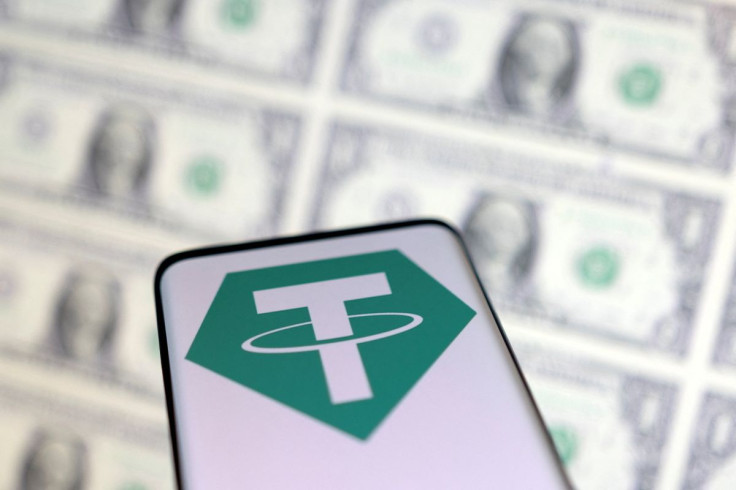
KEY POINTS
- The solution is expected to provide Tether with more oversight of the USDT market
- It will also allow Tether to monitor the transactions of "significant" USDT holders
- Tether was recently in the spotlight over the USDT's alleged use in a sanctioned crypto exchange
Blockchain-enabled platform Tether, which is behind the stablecoin titan Tether (USDT), has just announced a partnership with prominent blockchain analysis firm Chainalysis to improve its compliance practices by monitoring "secondary" transactions.
Tether explained that secondary market activity are transactions that users conduct "within the broader ecosystem using USDT beyond the limited entities that directly buy and sell USDT from Tether." The collaboration with Chainalysis will give Tether a wider view of the digital assets ecosystem and provide it with more oversight of its stablecoin's market.
"It will also serve as a proactive source of intelligence for Tether compliance professionals and investigators, enabling them to identify wallets that may pose risks or may be associated with illicit and/or sanctioned addresses," the stablecoin behemoth said in a press release on Thursday.
Besides sanctions monitoring, the monitoring solution will also enable Tether to have a closer view at USDT holders "by type, including exchanges and darknet markets." It will also allow Tether to see through the activities of its "significant USDT holders."
Finally, the Tether-Chainalysis blockchain monitoring solution will feature an "illicit transfers detector" which the USDT developer said is "integral" to detecting transactions that may be associated with some illicit financing categories such as terror funding.
"Tether's proactive commitment to monitoring the secondary market for USDT – the world's most popular cryptocurrency – has the potential to transform the entire ecosystem and make it a safer place to transact," said Jonathan Levin, co-founder and chief strategy officer at Chainalysis.
Tether has worked with law enforcement in the past and crypto firms to freeze funds in wallets linked to illicit activities. Most recently, the crypto giant blacklisted seven digital wallet addresses that received some $280,000 worth of USDT linked to an exploit of cryptocurrency exchange FixedFloat.
Earlier in March, Tether's assistance was acknowledged by the U.S. Department of Justice (DOJ) over the seizure of approximately $1.4 million in USDT tokens from a tech support scam network. At the time, the stablecoin giant said it has been volunteering support for the DOJ and FBI to recover pilfered funds.
However, Tether is also under increasing scrutiny following a report that the U.S. and United Kingdom were investigating over $20 billion worth of USDT that passed through sanctioned Russia-based crypto exchange Garantex.
Also earlier this year, a United Nations report alleged that the popular dollar-pegged token was being used by money laundering groups in East and Southeast Asia. At the time, Tether said it was disappointed that the report overlooked its contributions to developing economies and emerging markets.







